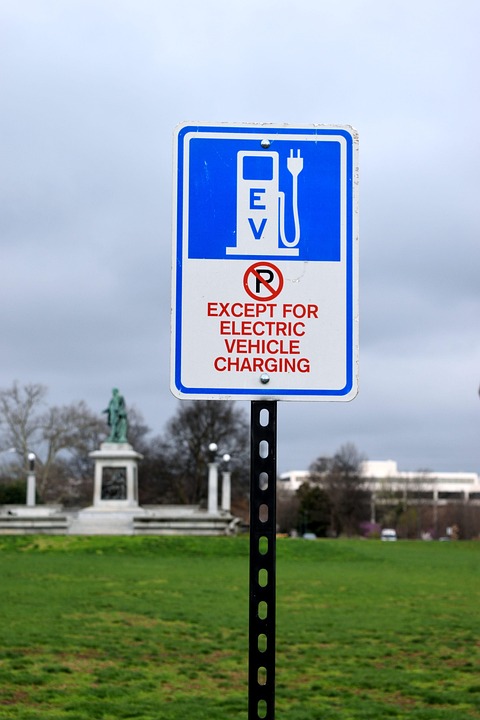Plugging into the Future: How Hybrid Cars Are Paving the Way for Electric Vehicles
The automotive industry is undergoing a significant transformation, driven by the need to reduce carbon emissions, improve fuel efficiency, and cater to the evolving preferences of environmentally conscious consumers. Hybrid cars, which combine the benefits of conventional gasoline engines with the efficiency of electric motors, have been at the forefront of this revolution. As we look to the future, it’s clear that hybrid cars are playing a crucial role in paving the way for the widespread adoption of electric vehicles (EVs).
The Rise of Hybrid Cars
Hybrid cars have been on the market for over two decades, with the first Toyota Prius debuting in 1997. Since then, the technology has evolved significantly, with numerous manufacturers introducing their own hybrid models. Today, hybrid cars account for a substantial share of new vehicle sales, with many consumers drawn to their fuel-efficient and environmentally friendly credentials.
Hybrid cars work by combining a conventional internal combustion engine with an electric motor and battery pack. The electric motor assists the engine during acceleration, allowing the vehicle to achieve better fuel economy and lower emissions. The battery pack is charged through regenerative braking and can also be charged from an external power source, such as a wall socket or charging station.
Paving the Way for Electric Vehicles
While hybrid cars have been successful in their own right, their true significance lies in their role as a bridge to the next generation of vehicles: electric vehicles. EVs, which are powered solely by electricity, are gaining traction globally, with many governments and manufacturers investing heavily in their development and infrastructure.
Hybrid cars have played a crucial role in preparing the ground for EVs in several ways:
- Technology development: Hybrid cars have driven the development of key technologies, such as advanced battery systems, electric motors, and power electronics. These technologies are now being applied to EVs, enabling them to achieve longer ranges, faster charging times, and improved performance.
- Infrastructure development: The growth of hybrid cars has led to the establishment of a network of charging stations and fueling infrastructure, which will also support the adoption of EVs.
- Consumer education: Hybrid cars have helped to educate consumers about the benefits of electric propulsion and the importance of reducing carbon emissions. This awareness is now driving demand for EVs, as consumers become more comfortable with the idea of electric vehicles.
- Economies of scale: The production of hybrid cars has enabled manufacturers to achieve economies of scale in the production of electric motors, batteries, and other components. This has reduced the cost of these components, making EVs more competitive and affordable.
The Future of Electric Vehicles
As the automotive industry continues to evolve, it’s clear that electric vehicles will play an increasingly important role in the future of transportation. Governments around the world are setting ambitious targets for the adoption of EVs, with many countries aiming to ban the sale of internal combustion engines by 2040 or sooner.
The benefits of EVs are numerous, including:
- Zero tailpipe emissions: EVs produce no emissions, reducing air pollution and greenhouse gas emissions in urban areas.
- Improved fuel efficiency: EVs convert about 60-70% of the electrical energy from the grid to power the wheels, while gasoline engines only convert about 20% of the energy in gasoline to power the wheels.
- Lower operating costs: EVs are generally cheaper to run, with lower fuel and maintenance costs.
However, there are still challenges to overcome, such as:
- Range anxiety: Concerns about the range and charging time of EVs remain a significant barrier to adoption.
- Charging infrastructure: While charging infrastructure is improving, there is still a need for more charging stations, particularly in rural areas.
- Cost: EVs are generally more expensive than traditional gasoline-powered vehicles, although their lower operating costs can help to offset this over time.
Conclusion
Hybrid cars have played a crucial role in paving the way for the widespread adoption of electric vehicles. By developing key technologies, infrastructure, and consumer awareness, hybrid cars have helped to lay the groundwork for the next generation of vehicles. As the automotive industry continues to evolve, it’s clear that electric vehicles will play an increasingly important role in the future of transportation. With their numerous benefits, including zero tailpipe emissions, improved fuel efficiency, and lower operating costs, EVs are poised to revolutionize the way we travel. As we look to the future, it’s exciting to think about the possibilities that electric vehicles will bring, and the role that hybrid cars have played in making them a reality.
